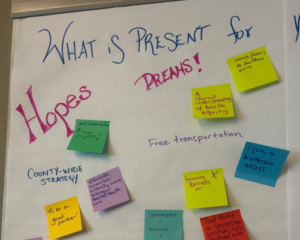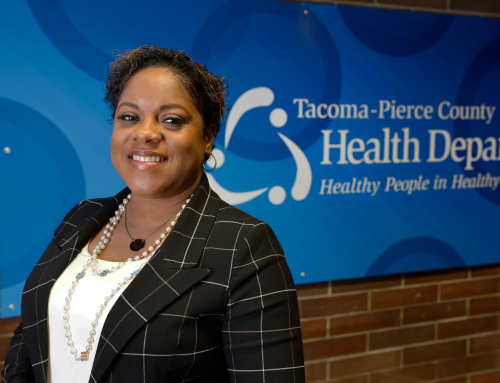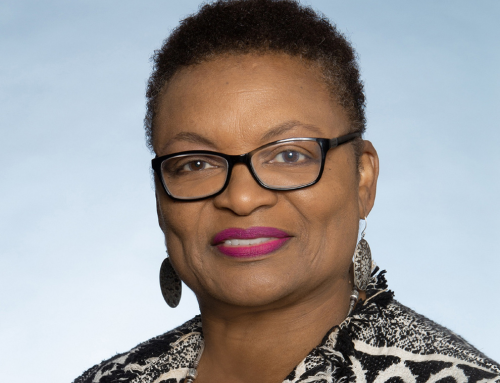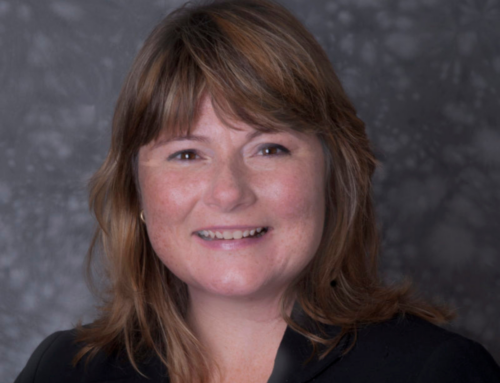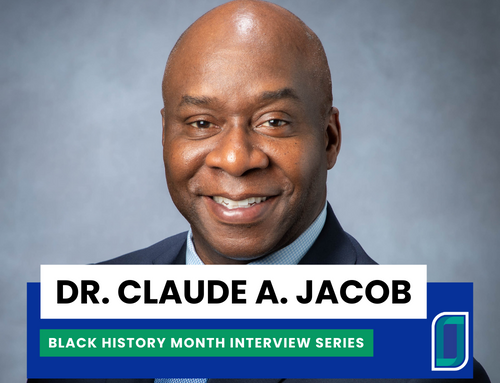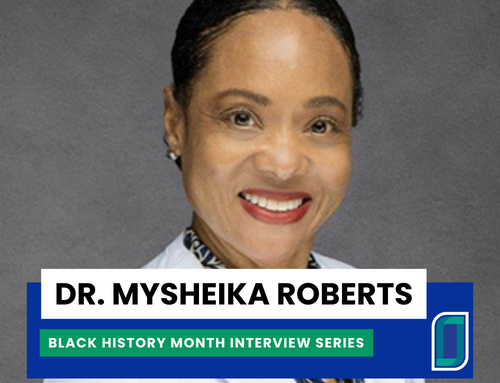The Community Health Assessment (CHA) and Community Health Improvement Plan (CHIP) are important aspects of public health service delivery. Together, they tell the community story and set the strategic direction for the health department’s response to the community’s needs. Nevada County Public Health (NCPH), located in northern California, used the CHA and CHIP process, a requirement for accreditation by the Public Health Accreditation Board (PHAB), as an opportunity to reimagine community engagement and prioritize equity and collaboration.
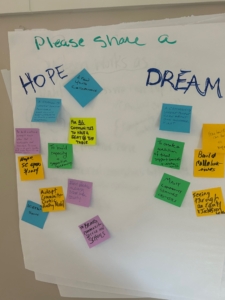 With nearly 70% of its staff having less than two years of experience in their roles, the 42-person health department began reimagining the CHA and CHIP from the ground up. Shannon Harney, Community Health Analyst and Accreditation Coordinator at NCPH, outlines the department’s approach to building and re-establishing partnerships as a small health department.
With nearly 70% of its staff having less than two years of experience in their roles, the 42-person health department began reimagining the CHA and CHIP from the ground up. Shannon Harney, Community Health Analyst and Accreditation Coordinator at NCPH, outlines the department’s approach to building and re-establishing partnerships as a small health department.
“As we began considering the CHA and CHIP, we were starting from scratch,” Harney expressed. “It gave us a really great opportunity to think about convening partners with a strong equity lens right out the gate.”
NCPH began with a systematic and intentional approach to selecting partners to participate in the CHA and CHIP processes. The steering committee, a flexible 21-organization committee that drives CHA and CHIP activities, and smaller subgroups were crafted to represent populations historically excluded from such conversations, including organizations representing Tribal communities, LGBTQIA+ groups, seniors, unhoused individuals, transitional youth, and more.
“…it is a much different lineup of organizations than those that have participated in the past, which feels really good,” Harney shared. “It also means that a lot of our partners are participating for the first time, so we are all learning together.”
Public health frameworks have been useful for the department in getting this initiative off the ground, especially as someone new to public health. Harney credits PHAB guidance and the Standards & Measures for emphasizing the importance of community ownership of the CHA and CHIP process. This community-centered approach fosters shared ownership among participants and creates a collaborative environment necessary for addressing complex public health issues.
“…the guidance that PHAB provides around the intent of coordinating our community resources has created the opportunity to get to know our partners in a relational, non-transactional way,” said Harney. “So much of the CHA/CHIP work for us has been about rebuilding trust and familiarizing ourselves with the missions of our partners.”
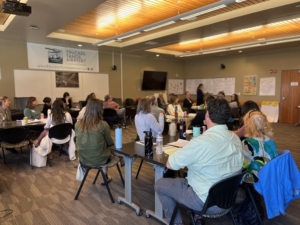
NCPH also uses the MAPP 2.0 framework as a guide for strategic action, especially in evaluating data with an equity lens.
“Between PHAB guidance and MAPP 2.0, we have been pointed in the right direction to convene the appropriate community members and evaluate the data with an equity lens from the beginning.”
In October 2023, NCPH convened in-person partner conversations as part of the Community Partner Assessment component of the CHA process. Over 100 partner organizations were invited to participate in two three-hour conversations to express their community’s concerns and aspirations, discuss the root causes of those concerns, identify gaps in the public health system, and highlight shared values.
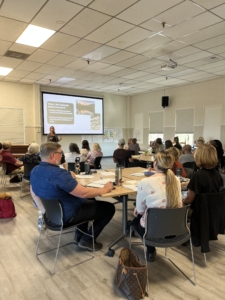 The conversations resulted in new partnerships and connections among participants. For example, during the meeting, Nevada County Pride requested support in hosting the second annual Trans Day of Remembrance in Grass Valley; several organizations signed on to the steering committee on the spot.
The conversations resulted in new partnerships and connections among participants. For example, during the meeting, Nevada County Pride requested support in hosting the second annual Trans Day of Remembrance in Grass Valley; several organizations signed on to the steering committee on the spot.
“I was very impressed by how deep people were ready to go….it felt grounded and collaborative,” Harney shared about the conversations.
NCPHD also makes space for equity considerations in other department practices, such as including pronouns during orientation and land acknowledgments during presentations, following consultation with members of the local Nisenan Tribe.
The department has engaged focus groups sponsored by community organizations to better understand concerns about priority demographics. The focus groups fostered inclusivity to tackle health disparities in the community and were part of the NCPHD’s Community Context Assessment, which will inform the CHA.
Looking ahead, NCPHD is working to build platforms and systems to support the sustainability of its community engagement and equity efforts, including ongoing focus groups, trauma-informed presentations, and an equity assessment. The CHA is expected to be released in mid-April 2024, with comprehensive plans to continue engagement around its data and findings. The work will inform the department’s CHIP, set to be released in fall 2024.
Although early in this work, NCPH’s journey to reimagine their CHA and CHIP, embed equity in their work, and bolster community engagement is strengthened by their commitment to continuous learning and putting the community first.
“It is indeed a journey,” Harney shared. “It isn’t just about the document; it’s about the relationships and shared work that happens.”
Learn more about the Nevada County Public Health Community Health Improvement Project.
PHAB will be following Nevada County Health’s journey toward equity. Stay tuned for an in-depth look at the impact, challenges, and lessons learned in Fall 2024.
